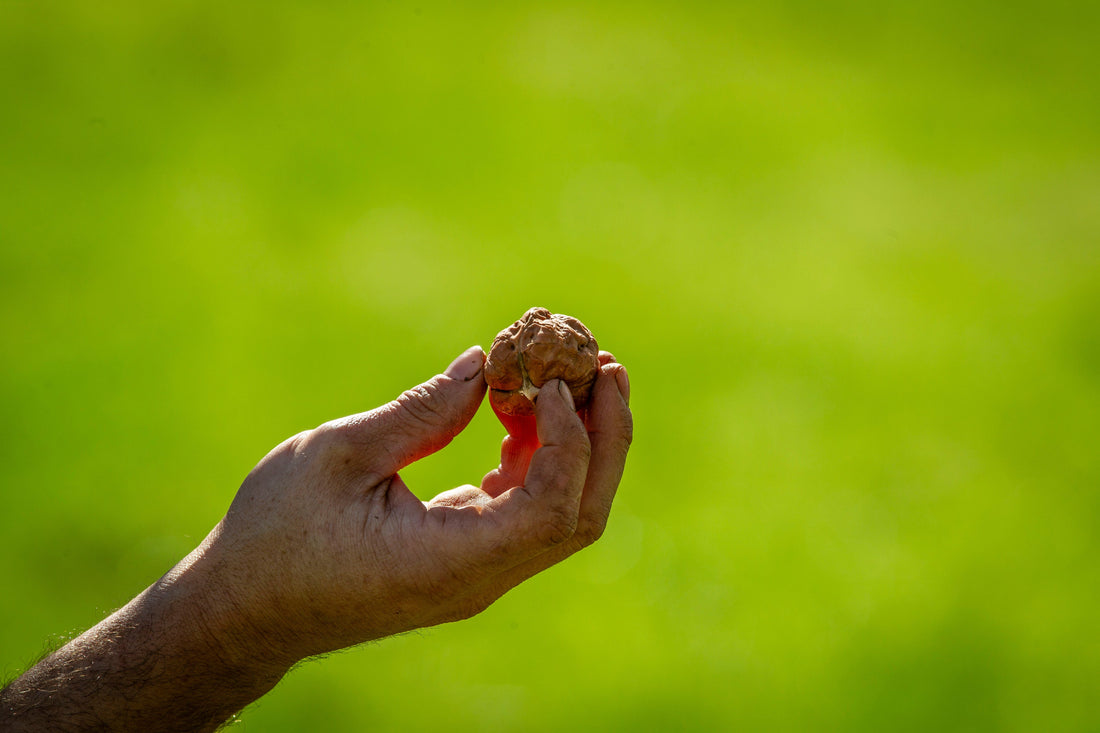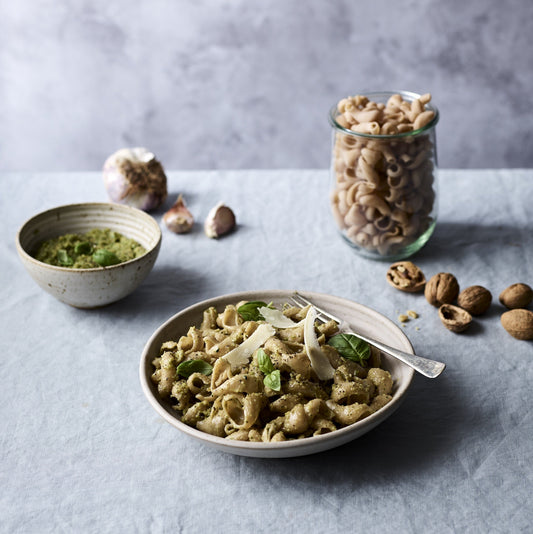My Journey from Fashion to Farming: Reflecting on 22 Years of Change
As an entrepreneur, I’ve seen it all — from boardroom coups to the highs and lows of international markets. In this post, I’m reflecting on my journey, the evolution of my career, and the alarming state of food security in the UK today.
A Turning Point: From Fashion to Farming
It’s hard to believe that 22 years ago, I found myself leaving Mulberry, the brand I had co-founded and nurtured for years. It was a sudden shift, and what followed was equally unexpected. With 300 acres of rich farmland, I decided to focus on something entirely different: growing spelt, an ancient grain known for its gentle properties.
The Challenge of Farming: From a £2m Turnover to Hard Times
Fast forward two decades, and I was facing another major challenge. I had to close down Sharpham Park, my organic spelt business, after it had reached a peak turnover of £2m. The financial crisis, along with personal losses, made it clear that the agricultural industry had its own set of challenges — ones that were far more difficult than the fashion world ever prepared me for.
Why Food Security Matters Now More Than Ever
In recent years, the state of our food chain has become a growing concern. It’s something I never thought would be a pressing issue for me, but after witnessing several crises, including the recent disruptions in European produce, it’s clear: Britain is at risk of not being able to feed itself.
I find myself agreeing with Jeremy Clarkson, who has done more to raise public awareness about farming than many government initiatives. With climate change, a volatile global economy, and Brexit-related issues, our reliance on imported food is becoming dangerously fragile.
The Government's Role in Securing Our Food Future
As we import a staggering 42% of our food, the question remains: How will Britain handle future food security challenges? The government has many levers at its disposal, from energy discounts for agriculture to changes in inheritance tax laws that affect farmers. Yet, it seems that a coherent, pan-departmental food policy is still lacking.
A Call to Action: What Needs to Change?
In conclusion, we’ve taken cheap food for granted for too long. Now, we face a pivotal moment. If we don’t rethink how we source, choose, and grow our food, the consequences could be profound. It’s time for a serious discussion about the future of British food security — one that includes sustainable farming practices and strategic decisions to protect our food supply.
Read the full article in The Independent here.
Join the conversation on Instagram here.
Walnut image credit: Agripix






